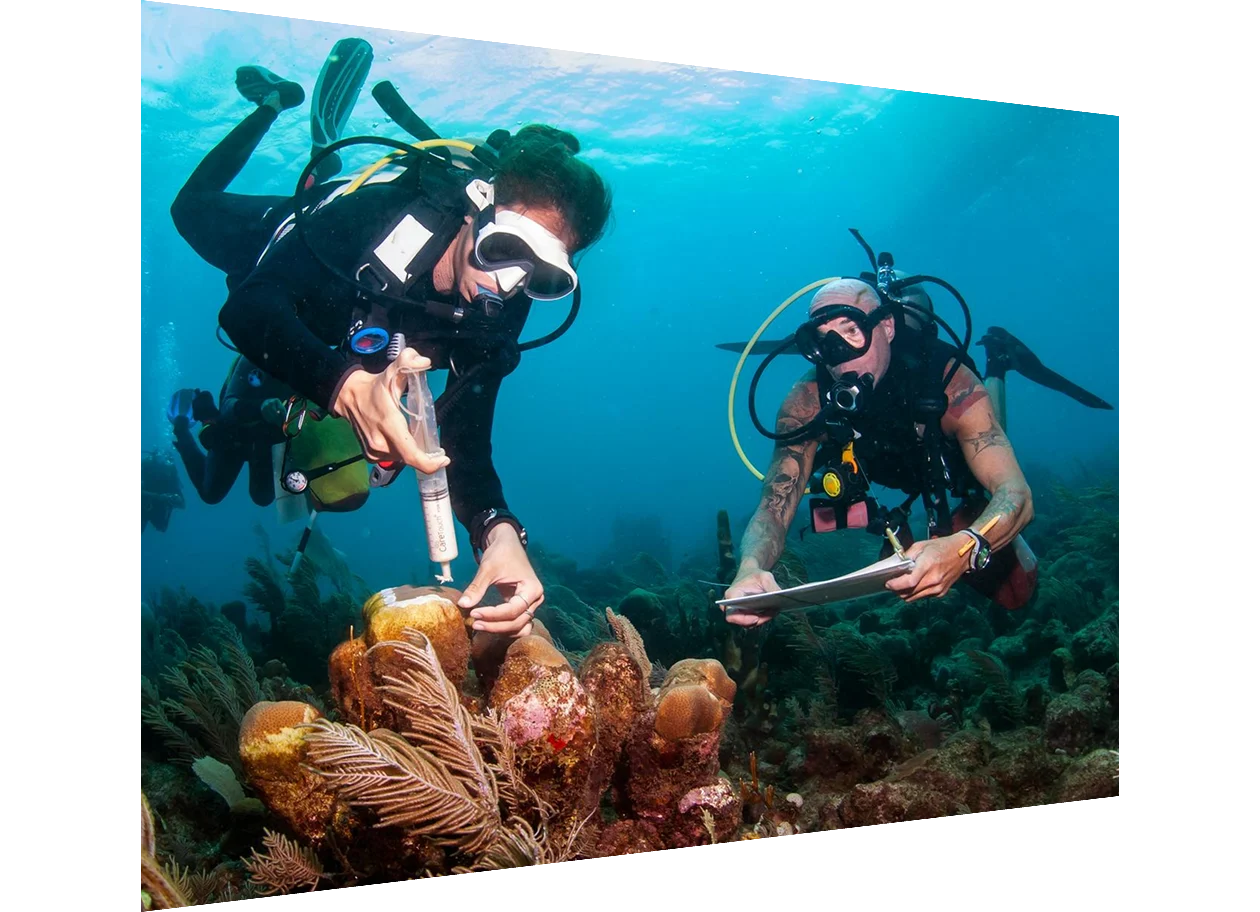Researcher of the Future — a Confidence in Research report
Discover mission-critical insights into how researchers are turning disruption into discovery.
Lamentablemente no somos totalmente compatibles con su navegador. Si tiene la opción, actualice a una versión más reciente o utilice Mozilla Firefox, Microsoft Edge, Google Chrome o Safari 14 o posterior. Si no puede y necesita ayuda, envíenos sus comentarios.
Agradeceríamos sus comentarios sobre esta nueva experiencia.Díganos qué piensa
Noticias, información y herramientas para las comunidades tecnológicas, sanitarias e investigadoras.

Discover mission-critical insights into how researchers are turning disruption into discovery.

Cuttlefish and cephalopods are unlocking secrets of memory, inspiring cutting-edge technology, and reshaping biomedicine. From false memories to squid-inspired optical breakthroughs, these marine marvels are driving innovation across disciplines. Dive in to discover how nature’s ingenuity can help solve today's biggest challenges.
